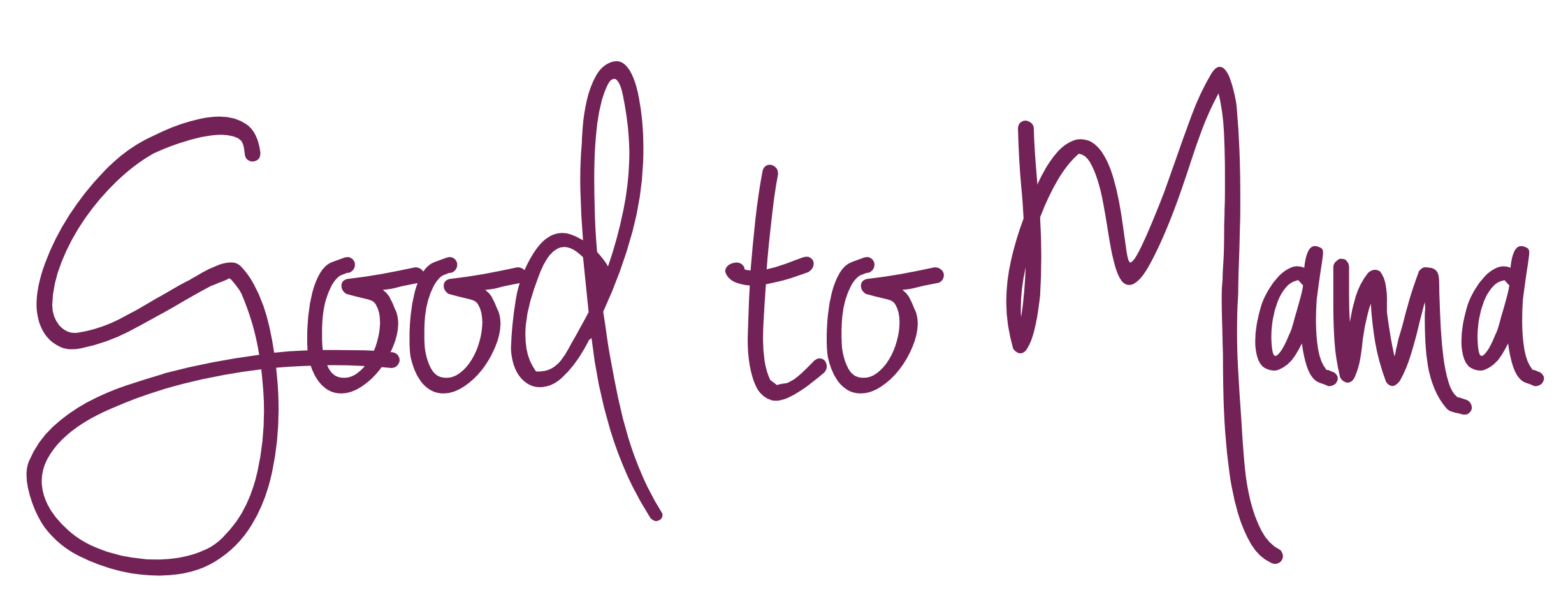Why I shared I'm pregnant, even before I knew it was "ok"
(Trigger warning.)
Let’s start somewhere joyful: yay I’m in my third trimester! Ok sometimes that’s joyful. But sometimes it feels like a literal kick on the cervix from the inside. Seriously? Can you please find anywhere else to aim your adorably tiny little toes? There’s 360 degrees of cushy goodness in there for you!
We were trying to have a third baby for a long time. It was so easy with Cimorene, then a little harder with Moseah, but I never expected it to take more than a few months to get pregnant this last time. Well, now I’m 37, and apparently that – combined with the stress and uncertainty of COVID I’m sure doing weird hormonal things behind the scenes – and for a while my body just said nope. Then, finally!! Two little pink lines.
I’m 30 weeks now, but I’ve been telling friends and family basically since the day I found out. Most women I know have been advised – by well-intended doctors, family, friends, or the internet – not to tell anyone you’re pregnant until you’re at least 13 weeks, have seen the first ultrasound, and have done the genetic testing. That way, you know everything is ok with the baby.
That’s not me.
With all my pregnancies – including the one in between C & M that ended early – I’ve told family and friends almost as soon as I’ve known. Maybe a part of it is that it’s really, really hard for me not to share exciting things, but there’s a bigger, more meaningful reason. If – God forbid – anything should happen, I want to have a support network rather than having to deal with it on my own.
There is incredible emotional impact from having a miscarriage, even one as early as mine was. The depth of the feelings of loss, of what could have been, and the pain of starting over only to wonder if we’ll have to go through it again. Those feelings are all real and true and deep. So why with this kind of pain, are we women encouraged to shoulder the burden alone? With any other kind of loss or trauma, we’re encouraged to share. Talking about it makes us feel better. People knowing gives us support. But “don’t tell anyone until you’re sure” means that we end up isolated, with very few people around us to show their love and support. How can my friends support me, if they don’t know? How many of us have actually been through this but haven’t shared it, so we can’t lift each other up out of the darkness? (The statistics suggest between 10 and 25% of us: that’s a pretty high number). There’s power and knowledge in community. Because I had told people early before I miscarried, I had a group of women who could commiserate, offer kindness, and tell me how they went through something similar and it all ended up ok (or sometimes didn’t) in the end.
So why don’t we share?
In addition to it being the societal norm and most doctors’ recommendation, there seems to be a lot of shame and guilt around miscarriage.
I don’t want to normalize miscarriage in the sense of taking away the significance, or the hurt and pain of those feelings. But I do want to normalize it in the sense of making women feel empowered to talk about and share without feeling like we did something wrong. Even the centuries old phrase “I lost the baby” implies blame. Think about it: “I lost” puts the emphasis on something we did, rather than something nature or the universe or God decided wasn’t quite right. Yes, there was a loss. And it was heartbreaking. But it’s not something we did. We can carry sadness and grief, but not guilt or shame.
We are all different. Some of you might think I’m crazy for sharing the news as early as I do, others might think It’s a great idea. We all might need different kinds of support from our friends and family if things go awry. Some of us might need time to be isolated with our grief; others of us might need endless hugs. But whatever it is we need, or however it is we need to walk through the pain: I’d love to figure out how to eliminate the stigmas associated with miscarriage so how we walk through it is a choice that we make for ourselves. To feel that we have the support we crave from the people we crave it from, instead of hiding.
Interestingly, I wrote this post when I was 10 weeks pregnant. That’s 5 months that I’ve been waiting for the “right” time to share this. 5 months of giving myself excuse after excuse: “it’s too close to when I posted on Instagram, I don’t want to send the wrong message”; “it’s not appropriate during the holidays, I don’t want to bring people down”; “I just need to make a few more edits”. That means that even me – who tells people early and feels strongly about breaking the stigma – even I had fears around how this message would be received. But ultimately, I think it’s so important that we feel empowered to do what’s right for us, and it’s so important to shift the language away from blaming women for something we have no control over. Together we can make it happen.
